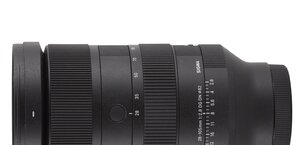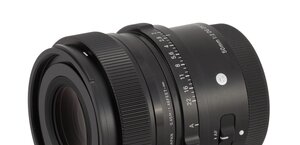Sony E 11 mm f/1.8
5. Chromatic and spherical aberration
Chromatic aberration
When we tested the Sony E 15 mm f/1.4G a while ago we complained a bit about longitudinal chromatic aberration. What's interesting, the cheaper E 11 mm f/1.8 model, even though it doesn't belong to the G series, fares much better here. The aberration is difficult to notice even at the maximum relative aperture – a round of applause! |
The graph below presents lateral chromatic aberration levels depending on aperture values.

Please Support UsIf you enjoy our reviews and articles, and you want us to continue our work please, support our website by donating through PayPal. The funds are going to be used for paying our editorial team, renting servers, and equipping our testing studio; only that way we will be able to continue providing you interesting content for free. |
- - - - - - - - - - - - - - - - - - - - - - - - - - - - - - - - - - - - - - - - - - - - - - - -
The results are within 0.06-0.08% range and they can be described as low. As you see, there are virtually no reasons to complain. As we mentioned in the previous chapter, lateral chromatic aberration reaches its maximum by f/2.8 and f/4.0 exceeding a bit 0.07% but still it is not a bothersome level.
| A7R III, RAW, f/1.8 | A7R III, RAW, f/4.0 |

|

|
Spherical aberration
First photographs from this chapter don't show any 'focus shift' problems. Still spherical aberration is not corrected in a perfect way – the appearance of out-of-focus circles of light we got before and behind the focus is the proof. Both circles feature a similar, brighter rim but their centres differ in light intensity.
| A7R III, f/1.8, before | A7R III, f/1.8, after |

|

|






